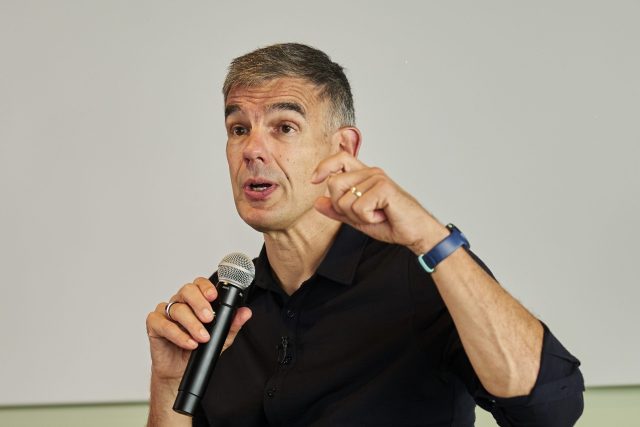Kenya is among three African countries where Google has lined up Ksh 748.2 million ($5.8m) investment in order to build capacity in artificial intelligence and cybersecurity.
According to Google Europe, Middle East and Africa (EMEA) President Matt Brittin, the funding which will be channeled through three organizations, Data Scientists Network Foundation, Nelson Mandela University and Raspberry Pi Foundation will help build capacity of in the targeted fields to help build products for the African market and compliment the firm’s digital skills programmes in the continent.
“If African are to benefit from AI then they need to build on AI and that is why today we have announced a $5.8m grant which will help train people in AI and cyber security skills in partnership with Nelson Mandela University amongst others and that goes on top of training 14 million Africans which we have over the next few years in digital skills,” said Brittin.
Data Scientists Network Foundation which has been provided with $1.5 million grant to create a program that trains unemployed and at risk Nigerians in foundational digital and tech training, with the long term goal of building advanced skills in data and AI while Nelson Mandela University and other universities will participate in the Google.org Cybersecurity Seminars program, which includes $500,000 in grant support alongside course content and extensive training targeting 200 students who will learn hands-on cybersecurity skills while also supporting the digital defenses of 250 local organizations.
On the other hand, Raspberry Pi Foundation will provide $300,000 to the Young Scientists Kenya and Data Scientists Network Foundation to roll out AI literacy education for Kenyan and Nigerian youth.
“AI can accelerate Africa and Africans because we are getting towards half of the people in Africa being connected for the first time thanks to android smartphones which we make for low cost for high quality smartphones,” he said. “It’s really important for Google to make sure our products work for Africans and that they are built by Africans so we have a product centre here in Nairobi, we have an AI research centre in Ghana that’s making sure we built products for all people across the continent.”
According to Google, AI could contribute $30 billion to the sub-Sahara African economy. The new funding comes on the backdrop of a $20 million of Google.org support for organizations helping Africans develop digital skills from Google’s economic opportunity initiative.
Additionally, Google announced the inclusion of 15 more African languages which have been included in its Voice Search, typing with voice on Gboard and voice input on Translate. This now bring the total number of African languages on the platforms to 25 and 94 globally.
“This technology will make a difference to over 300 million more people across the continent enabling them to interact with the web with just their voice. With teams in Google Accra working on this, it’s one example of how Google in Africa is building technology for Africans and for the world,” said Alex Okosi, Google Africa Managing Director.
Among languages included in the Voice Search and Gboard include among others, Kikuyu, Kiswahili, Yoruba, Igbo, Chichewa, Tigrinya and Hausa.









